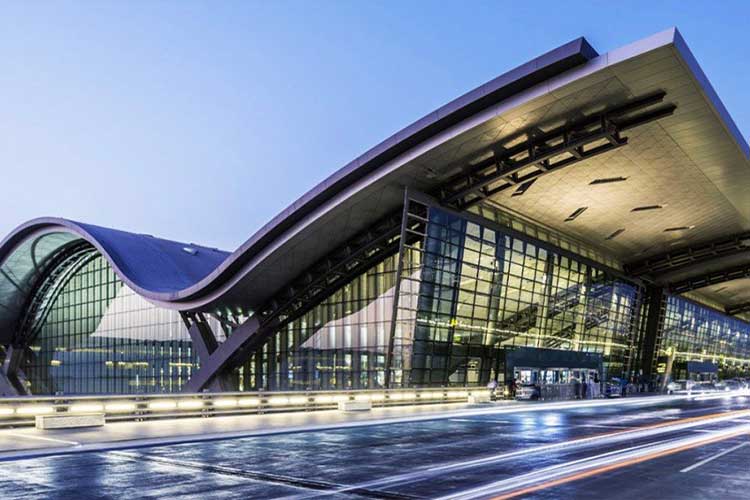

Hamad International Airport has reduced CO2 emissions by over 5,000 metric tonnes since 2021
July 12, 2024 | Staff Reporter | Qatar | Facilities Management

Hamad International Airport (DOH) has partnered with Siemens to optimise its district cooling infrastructure, aimed to conserve and reduce energy consumption and support the airport’s growth plans. Completed in November 2023, the project is in line with Hamad International Airport’s environmental sustainability goals, which include reducing carbon efficiency by 30% by 2030.
Hamad International Airport’s district cooling infrastructure includes five district cooling plants, with a production capacity of 62,000 tonnes, to cater to the cooling requirement for the airport. With Phase B of the airport’s expansion underway and to reduce the consumption of electricity required for cooling, the airport partnered with Siemens to leverage its patented Demand Flow technology from the Siemens Xcelerator portfolio, which enables digital transformation in industry and infrastructure faster and at scale.
We are proud to strengthen our collaboration with Hamad International Airport. Our smart infrastructure solutions aim to enhance energy efficiency, ensuring real cost savings and environmental advantages. This partnership set a benchmark in energy efficiency, showcasing the pivotal role of innovative technologies and strategic partnerships in realising Qatar's sustainability goals.
Hakan Ozdemir, CEO of Siemens in Qatar
Since adopting the new Siemens solution, Hamad International Airport successfully reduced its CO2 emissions by over 5,000 metric tonnes, since 2021. This reduction is expected to reach 16,000 tonnes per annum from 2024. Commenting on the partnership, Michael McMillan, Senior Vice President, Facilities Management at Hamad International Airport, said: “As the ‘World’s Best Airport’, Hamad International Airport also needs to be the best airport for the world by growing responsibly. This collaboration with Siemens strongly aligns with our environmental sustainability goals by adopting innovative solutions and our commitment to investing in the latest technology that will reduce our environmental footprint.”
Hakan Ozdemir, CEO of Siemens in Qatar, said, "We are proud to strengthen our collaboration with Hamad International Airport. Our smart infrastructure solutions aim to enhance energy efficiency, ensuring real cost savings and environmental advantages. This partnership set a benchmark in energy efficiency, showcasing the pivotal role of innovative technologies and strategic partnerships in realising Qatar's sustainability goals."
The partnership with Hamad International Airport and Siemens demonstrates the importance of infrastructure development that is efficient and sustainable. By harnessing Siemens Demand Flow technology, this innovative solution will support in reducing energy consumption and costs by 23% annually and cater to potential cooling demand required by Hamad International Airport, for its growth plans.
In line with the State of Qatar’s 2030 National Vision on climate change, Hamad International Airport’s environmental sustainability goals aim to further foster collaboration with industry in leading local and global efforts to reduce emissions and tackle climate change by continuously improving the facilities’ environmental performance.